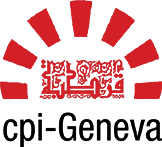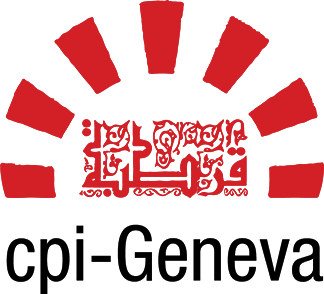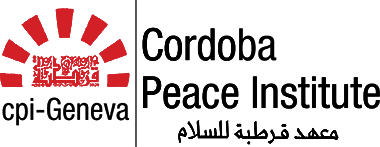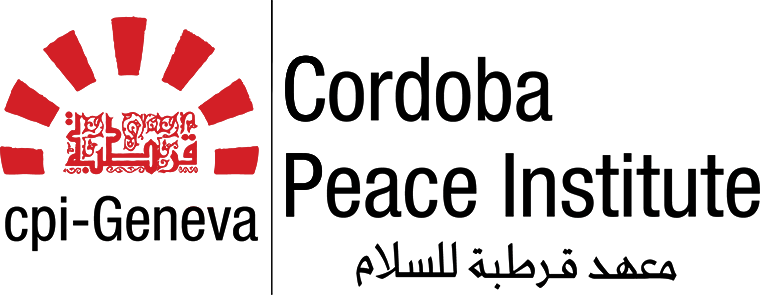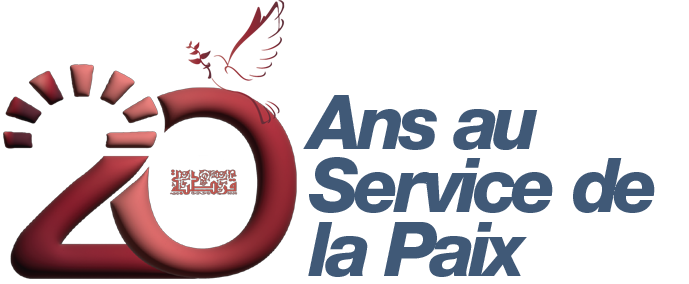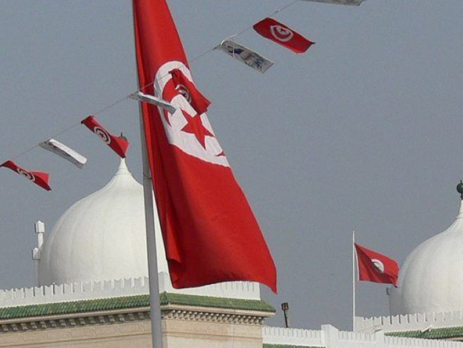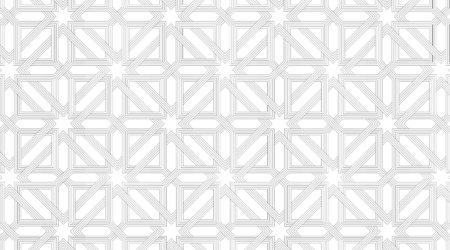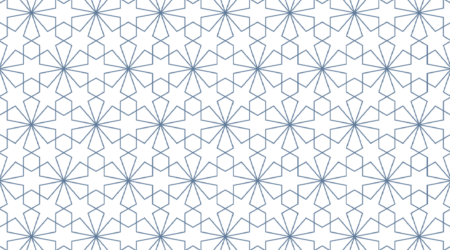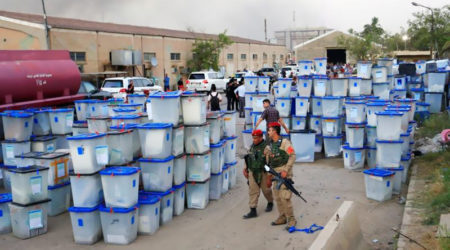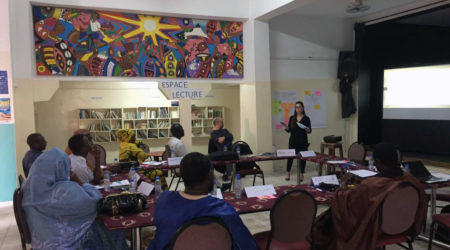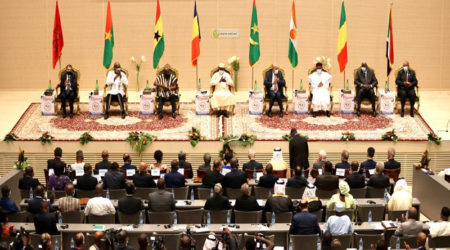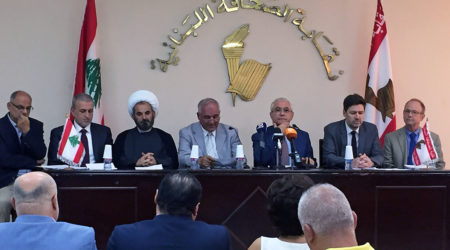On the tenth anniversary since the start of the Tunisian revolution
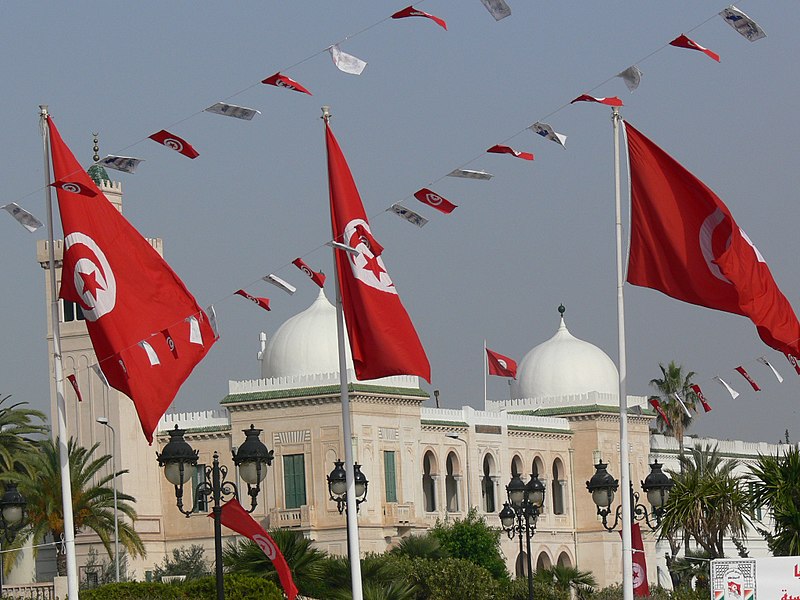
CPI-Geneva interview with Maher Zoghlami, sociology researcher, Tunisia.
On the tenth anniversary since the start of the Tunisian revolution, what is your assessment of what has been achieved?
The revolution has not achieved all its objectives, but the counter-revolution has not won either. Political actors often answer this question with the view that the revolution has achieved freedom that is consolidated and can no longer be curtailed. In fact, I do not know on what these actors base these definitive answers! In my opinion, what has been achieved from the threshold of freedom is clear and relatively reassuring, but the possibilities of reactionary setbacks are possible in theory and practice.
Nevertheless, it can be permitted to say that the climate of freedom and political action within the framework of democracy has been the most important gain, compared to the economic deficit and the shortage of social justice in the democratic project. This is also how the actors answer. I agree with this view, but the fallout of the consequences of the incomplete revolution will not stop at the economic decline we witness, but also affect the cohesion of the social structure.
What are the advantages of Tunisia compared to the rest of the spring countries in the region, where the outcome was violent?
Analytically, there are many possible answers, including the aspect of being the pioneer. Let us imagine for example if Tunisia had been third in the domino effect of the revolutionary movement which swept the Arab world: what would the result be?
There is another hypothesis, whose validity I do not know, and that is related to the lack of capabilities: weak military capabilities, relatively limited natural resources compared to Libya, for example. Besides, Tunisia does not represent a threat to Israel, having no borders to it, unlike Syria and Egypt.
However, we must not overlook the crucial role of the ability of the Tunisian political actors at the time to assimilate the culture of statecraft – regardless of how they evaluated it . That culture that has however eroded among the same actors over the ten years since. Most threatening of all is the entry of new actors from outside the political field into politics, which threatens rational politics, and could undermine the democratic transition project.
How do you assess the way political elites manage their ideological differences?
Ideology has ended but the conflict remains.
The political elites today, whether in power or in opposition, have a short ideological memory. Nothing remains of ideology, but the name is used in the battles of positioning and interests. It always calls for a pressure card, and I expect that it will be the most prominent card in the struggle for interpretation that will be triggered upon the establishment of the Constitutional Court, in relation to ideologically charged issues such freedom of conscience, the protection of the sacred, the management of religious affairs, individual freedoms, and so on. The debate would not be for the sake of a true search for a social and cultural contract that would provide people with spiritual security and guidance, but rather just a matter of political merchandising that deepens social fault-lines.
One of the major crises of political action in Tunisia today is that it is meaningless. There is no longer meaning in politics. I see this as a natural result of the sluggishness of political imagination and lethargy of elites of different worldviews in producing the intellectual grounding that is necessary for establishing their political projects – actors usually attribute this to the necessity of expertise – as if specialisation and experience contradict thinking! Therefore, the question is how do the political elites manage their differences? The answer is: “By political sub-contracting”. The political scene has turned into a field of contracts, due to the decline of the culture of statecraft among the “classic” political actors. The is also the forced entry of new actors from outside the political field and their occupation of this field and playing by rules other than its standards.
Why have counter-revolutionary efforts failed to sabotage Tunisia’s democratic transition?
As I mentioned, the counter-revolution has not succeeded, but it also has not yet failed.
One of the strange paradoxes is that the counter-revolution, representing the political expression of the rejection of the revolution in terms of its existence and legitimacy, is one of the last strongholds of “rational” political action, even if its project calls for tyranny and perhaps even its exercise. Undoubtedly, what appears in the picture is a populist discourse, but behind that is a “classic political machinery” that may be the same as “the machinery of [Ben Ali’s] dissolved Rally Party” or is its closest inspiration.” This expression, regardless of its populist rhetoric, grasps well the rules of the political game (even if used in its meanest way), and is aware of the scope of local and international actors. It has strategies that are compatible with the interests of interfering external actors, and has allies in the bureaucracy, etc. All this sometimes appears in the sophistication of the drafting of some bills presented in the Assembly of the Representatives (the parliament).
On the other hand, we find among the forces that speak on behalf of the revolution and defend it, expressions that are populist in their discourse, but also populist in essence. In the sense that they are, on the one hand, alien to political action, and on the other hand, they have “no political machinery”. Besides, they have no strategy other than bypassing all the rational rules of the political game, which earns them acceptance among a part of the electoral base. It’s really complicated.
Is the current political crisis among the presidency, the government and the parties supporting it in the parliament a healthy manifestation of political competition, or is it the most visible deficiency in the constitution?
In short, it is the most prominent manifestation of the imbalance of the standards of the political field, as we have shown previously, and the clearest causes of the accumulated economic failure and its social repercussions. It is not possible in any way to overcome this crisis without establishing a new political charter.
Is there serious work being done in terms of public policies in order to address the issues of unbalanced development, and the social and political exclusion that fuelled the uprising a decade ago?
In April 2020, Prime Minister Elias Fakhfakh, and part of his government team at the time, held a lengthy meeting in which he convened a group of experts to study the reality of vulnerable groups and the current and possible repercussions of the Covid-19 crisis on them. I was among the attendees and had made a recommendation to create a permanent team within the Presidency of the Government to analyse social exclusion and devise inclusive public policies (I was invoking the British example).
The way the former Prime Minister and his team interacted with our recommendations personally inspired me with the possibility of serious work within his team. The recommendation was already starting to work its way forward, had the political scene not been shaken again, with the various political parties’ quarrels, which disrupted priorities and finally led to the overthrow of the government.
Nevertheless, a four-part team was formed to produce a report on the marginalised, indications of exclusion and inclusion policies. This team is working with minimal resources in view of the instability of the political scene.
The inability of the state and its institutions today, and in light of the current political situation, to produce accurate knowledge about social groups that have been marginalised for decades, and the incapacity to devise public policies linked to development programme strategies, create vast gap areas. There is also the unhealthy rivalry among “research sects” that are not as much interested in the field of research per se but rather competing for the “monopoly of the interpretation” of the social crises and how to remedy them, in the same logic of political sub-contracting I mentioned earlier. As such they mutate from being a scientific reference, refereed and interpreted, into research groups that operate on demand, protecting their monopoly on interpretation and trying to speak on behalf of vulnerable groups.
We have reached a three-fold deficit, the mindset of the state, the mindset of scientific expertise, and the mindset of civil society, all of which are dependent on political action devoid of meaning and marked by business-like contracting. There is no solution in sight yet.
